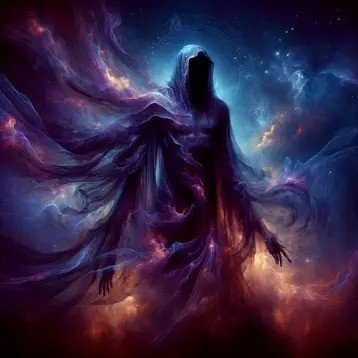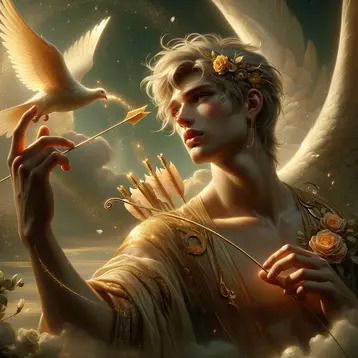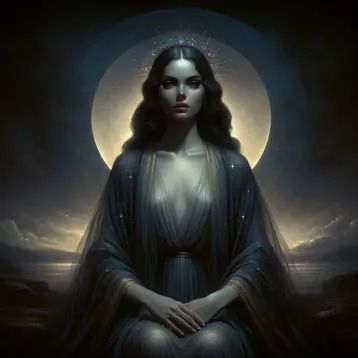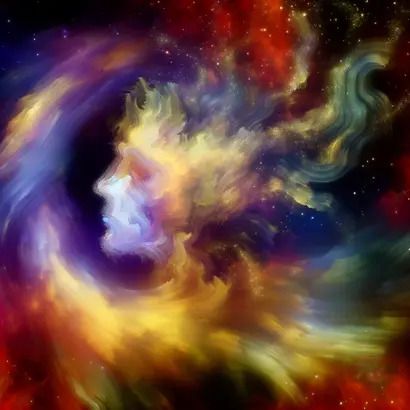
Erebus
Erebus:: The Embodiment of Darkness
Erebus was one of the primordial deities in Greek mythology, emerging from the primeval void known as Chaos. He was the personification of the deep darkness and shadows, representing the profound and enigmatic aspects of the cosmos.
The Origins of Erebus
As a primordial deity, Erebus was among the first entities to exist in the universe. Born out of Chaos, he symbolized the initial state of darkness that preceded the creation of the world. His presence was essential in the early cosmogony of Greek mythology, setting the stage for the emergence of other deities and elements.
Erebus' Family
In the vast family tree of Greek deities, Erebus held a significant place. He was the sibling of Gaea (the earth), Tartarus (the underworld), Eros (love), and Nyx (night). His union with Nyx, his sister, produced several important deities who embodied various aspects of human existence and the natural world. Their offspring included Aether (the upper air), Hemera (day), Hypnos (sleep), the Moirai (the Fates), Geras (old age), and Thanatos (death). Each of these children played a crucial role in Greek mythology, influencing both gods and mortals.
The Realm of Erebus
The name 'Erebus' was not only associated with the deity but also referred to a specific region of the Underworld. This place, also called Erebus, was where the souls of the dead would go immediately after dying. It was considered the first stop in the afterlife, a realm shrouded in darkness and mystery, where the souls would begin their journey towards their final destination.
Erebus in Mythology and Culture
While Erebus was not as prominently featured in myths as some other deities, his underlying presence was crucial in the narrative of Greek mythology. He represented the inescapable darkness that exists in the world, a fundamental aspect of the human experience. Over time, the concept of Erebus has transcended Greek mythology, often being used metaphorically to describe profound darkness or shadowy, unknown realms.
Erebus Q&A
Link/Cite Erebus Page
Written by: The Editors of GreekMythology.com. GreekMythology.com editors write, review and revise subject areas in which they have extensive knowledge based on their working experience or advanced studies.
For MLA style citation use: GreekMythology.com, The Editors of Website. "Erebus". GreekMythology.com Website, 30 Nov. 2023, https://www.greekmythology.com/Other_Gods/Erebus/erebus.html. Accessed 26 April 2024.





